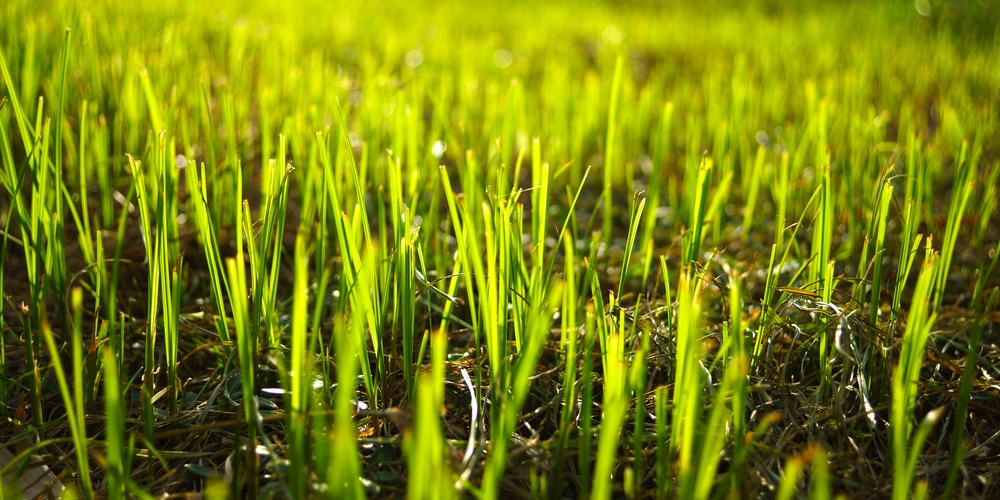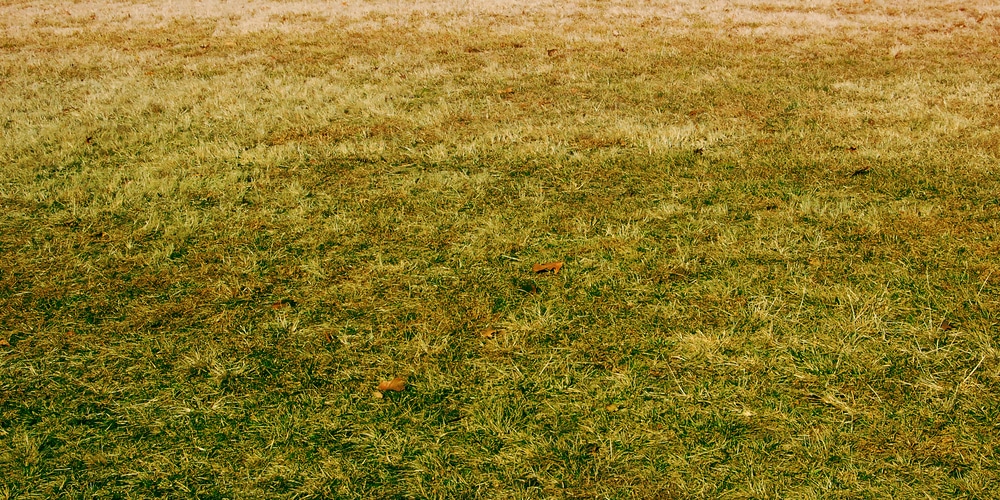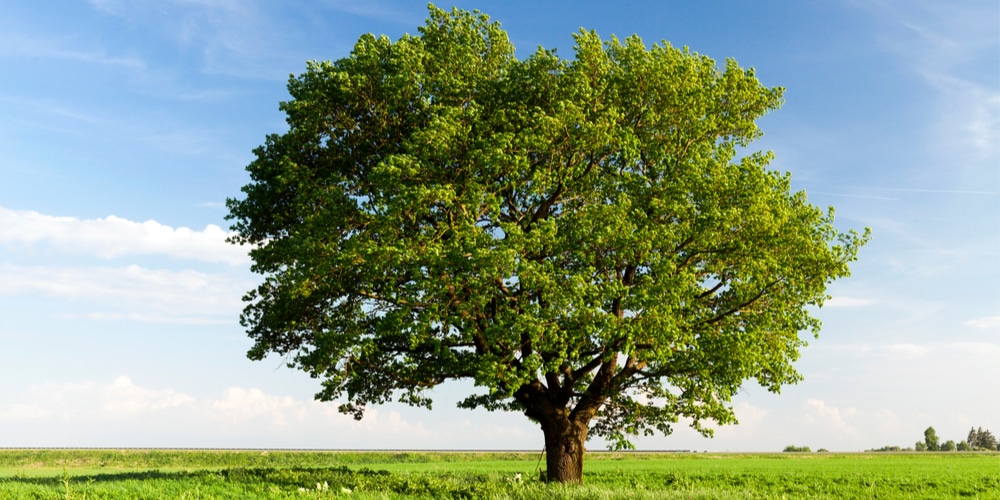Vinegar is acidic and can be used as an organic herbicide. It can also change the PH of the soil. How effective it is at killing weeds will depend on its strength. The problem with using vinegar as a weed killer is that it can also kill your grass if you spray it over your whole lawn. It’s, therefore, best to spot treat any weeds with vinegar or other natural herbicides.
Vinegar is non-selective and, in its purest form, will kill any plants and grasses it comes into contact with. It will destroy not only the weeds but any vegetation that surround the weeds. If you decide to use vinegar to get rid of weeds from your lawn, you’ll need to apply it carefully so as not to kill your grass. Let’s look at using vinegar as a natural herbicide.
Creating a Vinegar Herbicide Solution
Most distilled white vinegars that are found in the supermarket only contain a 5-percent solution. This type of vinegar isn’t strong enough to be used as a weed killer on its own. If you’re looking to create an organic weed killer, you’ll need to use a pickling vinegar that’s upwards of twenty percent. Apple cider vinegar can also be used to kill weeds (and grass).
If you use vinegar that isn’t strong enough, it will change the pH of your soil but won’t have any effect on the weeds. A strong vinegar or a vinegar-based herbicide containing salt and liquid soap can be applied directly to the weeds to kill them. Of course, if you add soap to the solution, it will no longer be organic and may pollute your yard, killing nearby grass.
Pickling vinegar is a lot more acidic than white vinegar, which means it can be used to kill weeds more effectively. It is worth noting that this type of vinegar is nonselective, which means that it can harm plants and grasses surrounding the weeds.
When using vinegar as a herbicide, it’s best to spot treat the weeds on a warm, sunny day as this will give you the best results. The sun is beneficial as it will help the acid burn the leaves, roots, and stem of the weed faster.
Will Vinegar Kill Grass?
It’s never a good idea to spraying vinegar all over your yard as this may kill the grass rather than just the weeds. The effect the vinegar will have on your grass will depend on its strength.
It’s best to pour strong vinegar directly onto the weed. You can also wipe vinegar onto the weed’s leaves using a sponge. This will give you the best chance of killing the weed. You may find that the vinegar makes the weed dye back, but it will then regrow at a later date. It may be best to dig the weed up rather than trying to kill it using vinegar.
Even if you’re careful where you put the vinegar, some grass surrounding the weeds may be affected. Surrounding grass might turn yellow if you use a spray bottle as it will spread to the surrounding grass. A few drops of vinegar are unlikely to kill your grass roots but can burn the grass blades.
Can You Use Vinegar Near Trees?
Large trees that are well established won’t be affected by vinegar. You can spray weeds growing near trees with vinegar without worrying about whether the trees will be affected.
It’s best to avoid getting vinegar on younger trees that are less than a year old. The acid may burn the leaves of the trees and turn them yellow. It can also damage the bark of the tree. Young trees are more delicate and require nutrients from each leaf if they are to continue growing healthy.
Bottom Line: Apple Cider Vinegar Can Kill Grass Roots
While strong vinegar may be an effective weed killer, it’s important to note that it can kill grass and affect trees. Overuse of vinegar can also change the soil’s pH. Regularly putting vinegar on your weeds will make the soil more acidic, which will affect your lawn and surrounding plants in the long term. Not all grass, trees, or plants can survive if the soil is too acidic. Using vinegar may do more harm than good. If you’ve already used too much vinegar in your yard, you can try adding potash to your soil, which can help control some of the acidity of the earth.


